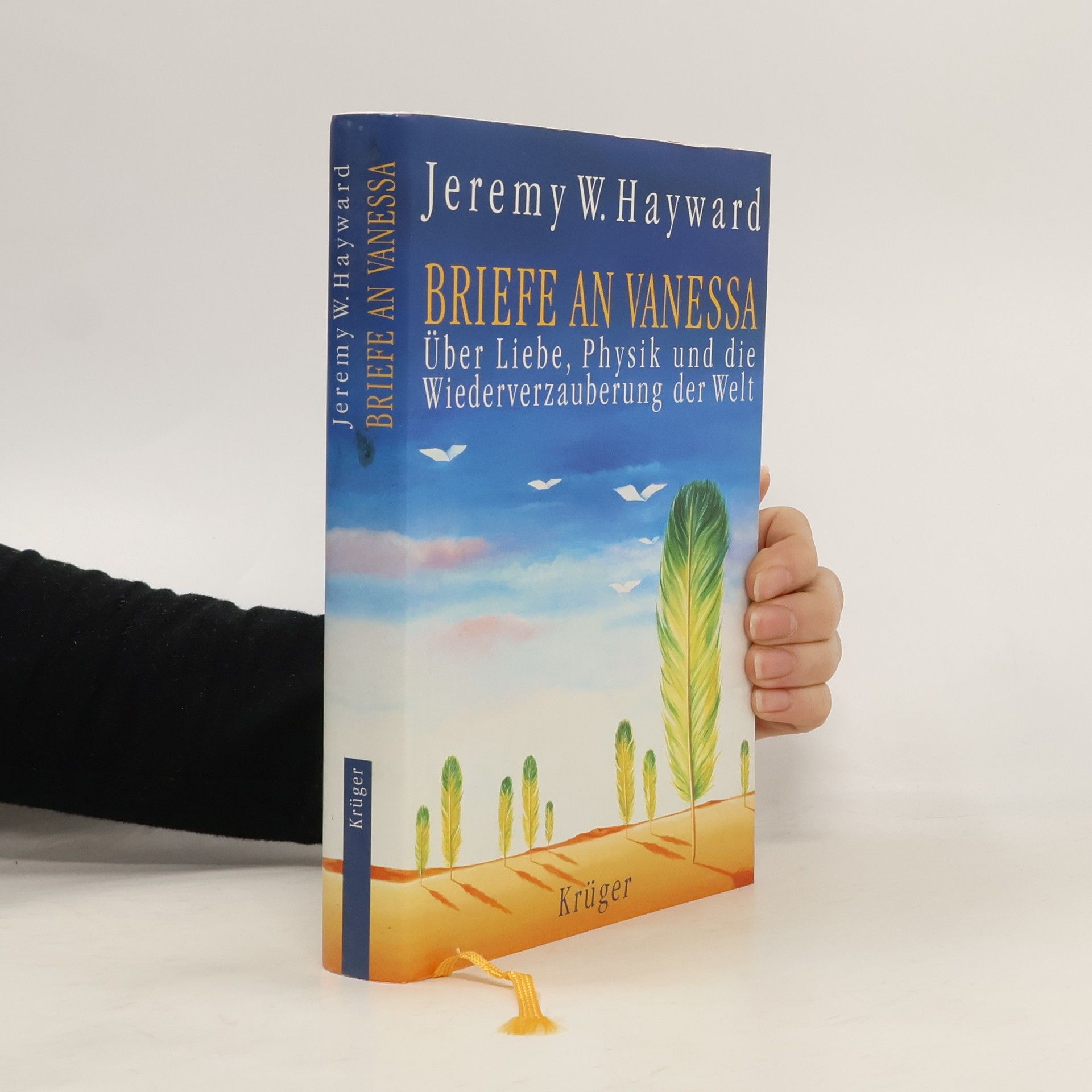Welcome to the wonderful world of Philosophy!
Jeremy W. Hayward Livres

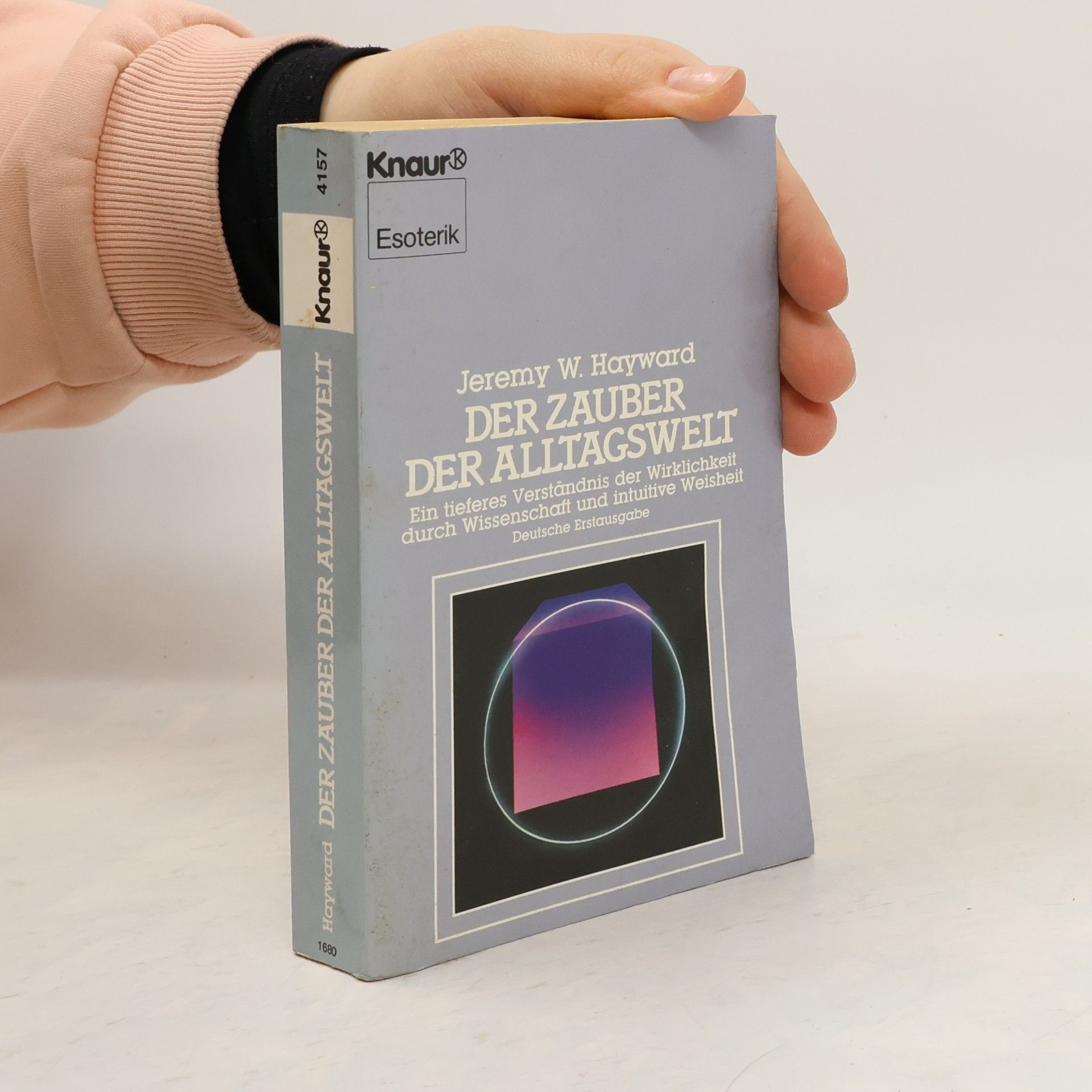
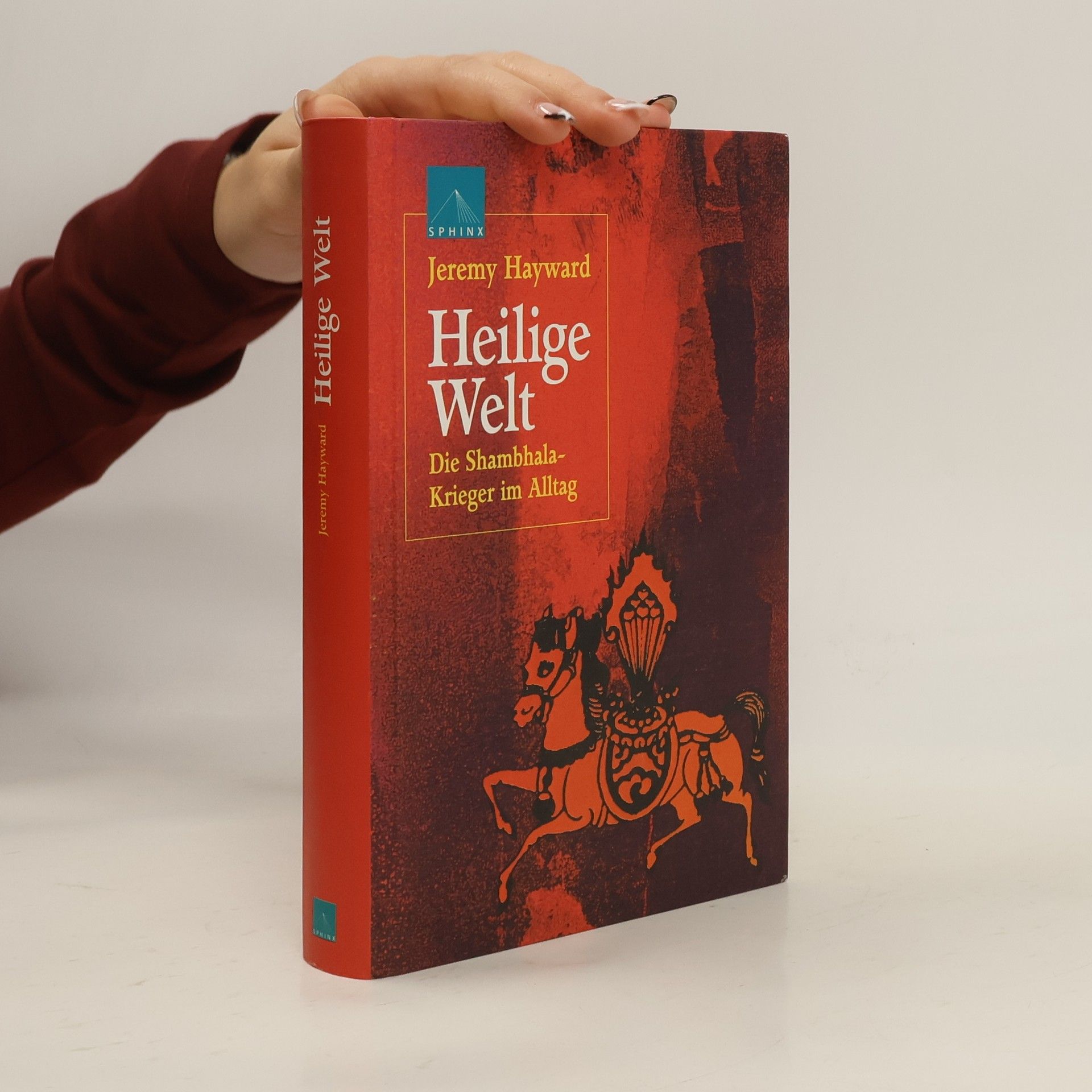

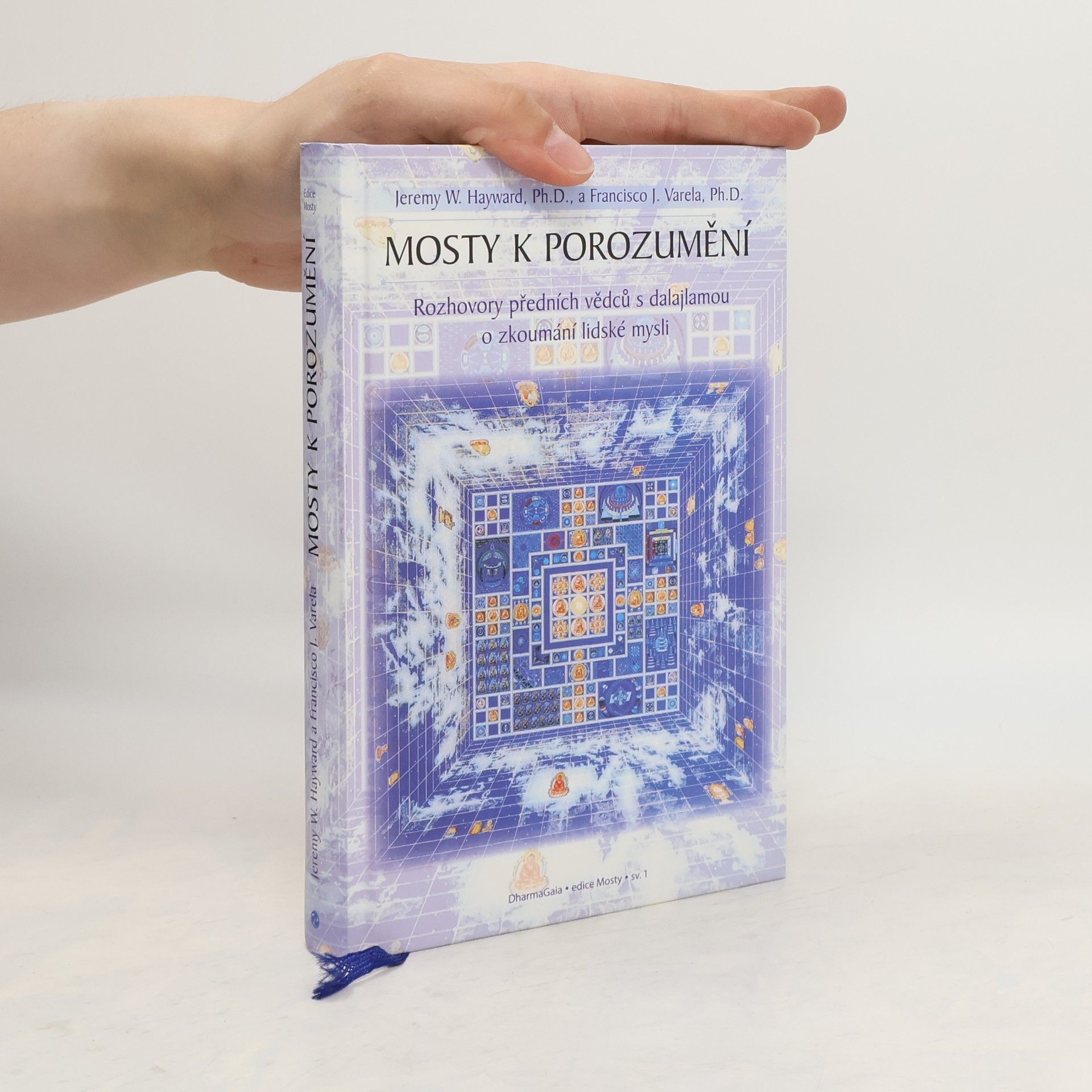
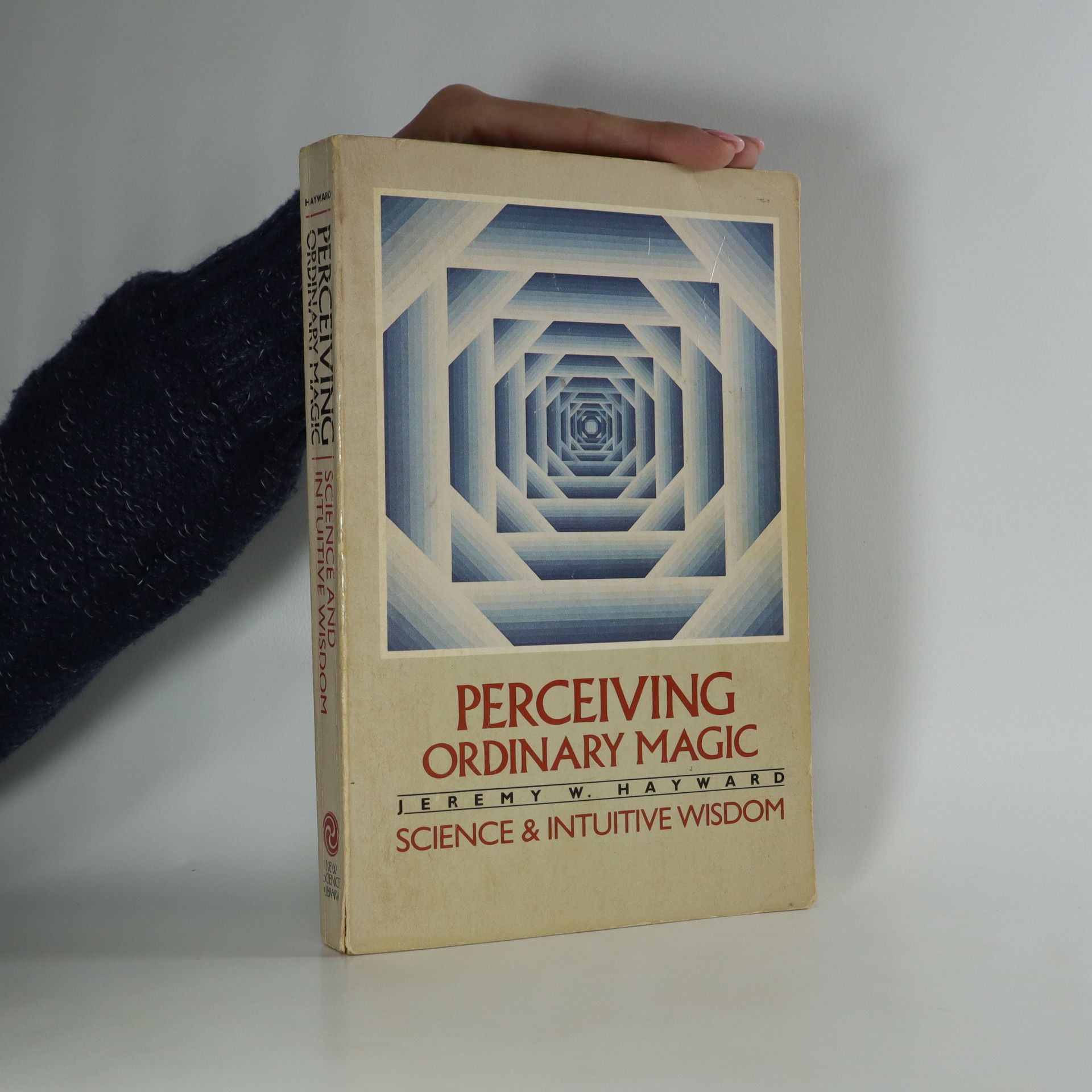

This book offers penetrating insight into the nature and process of perception through a skillful interweaving of the concepts of the new physics, evolutionary biology, and cognitive psychology with the profound insights of meditative traditions. We are shown how we may go beyond the harsh and narrow limits of beliefs and habitual patterns of thought and behavior to awaken fresh perception that is fearless and compassionate, experiencing the sacredness of the ordinary world.
Co je podstatou lidské mysli? Mohou mít počítače vědomí? Můžeme se naučit soucítění? Kdy vstoupí vědomí do lidského embrya? Tyto a další otázky byly předmětem prvního velkého dialogu západních vědců s tibetským dalajlamou (1987). Tématy byly výzkum mozku a vědomí, kognitivní vědy, neurovědy, experimentální psychologie, umělá inteligence a filosofie mysli. Kniha ukazuje nejen hluboký zájem dalajlamy o současnou vědu, ale i možnosti, jimiž může buddhismus přispět k výzkumu lidské mysli. Konference se účastnili mj. Newcomb Greenleaf, Ph.D., profesor informatiky z Kolumbijské university; Jeremy W. Hayward, Ph.D., profesor z Naropova institutu v Coloradu; Robert B. Livingston, M.D., profesor neurovědy z Kalifornské university v San Diegu; Luigi Luisi, Ph.D., profesor chemie z Federálního Polytechnického Institutu v Curychu; Eleanor Roschová Ph.D., profesorka kognitivní psychologie z Kalifornské university v Berkeley, a Francisco J. Varela, Ph.D., profesor kognitivních věd a epistemologie z Ecole Polytechnique a Institutu pro neurovědu v Paříži. Přeložil a doslov napsal Michal Šašma. Kniha byla přeložena rovněž do francouzštiny, němčiny, španělštiny, italštiny, japonštiny a čínštiny. "Nejplodnější vývoj se odehrává tam, kde se střetávají dva různé myšlenkové proudy." Werner Heisenberg
Die Erforschung der Innenwelt
- 384pages
- 14 heures de lecture
Briefe an Vanessa
- 316pages
- 12 heures de lecture
Ein Physiker schildert seiner Tochter in Briefen auf anschauliche und spannende Weise die Geschichte der großen wissenschaftlichen Erkenntnisse und wie sie unser Bild der Welt verändern. Durch sie können wir heute unsere Welt wieder in ihrer inneren Einheit begreifen, ihren ganzen Zauber erfahren.
